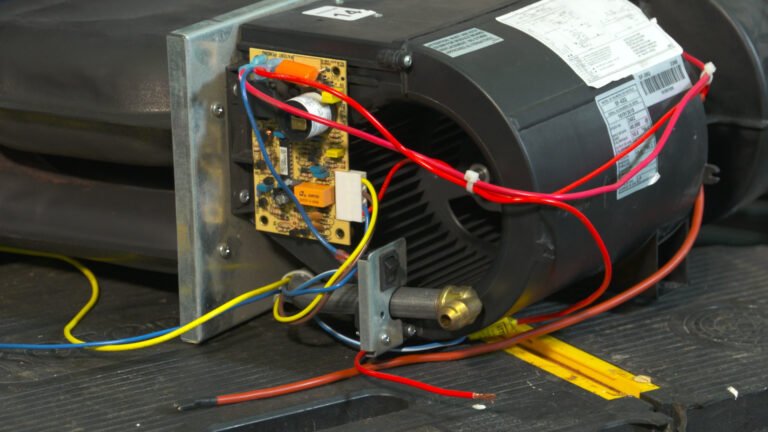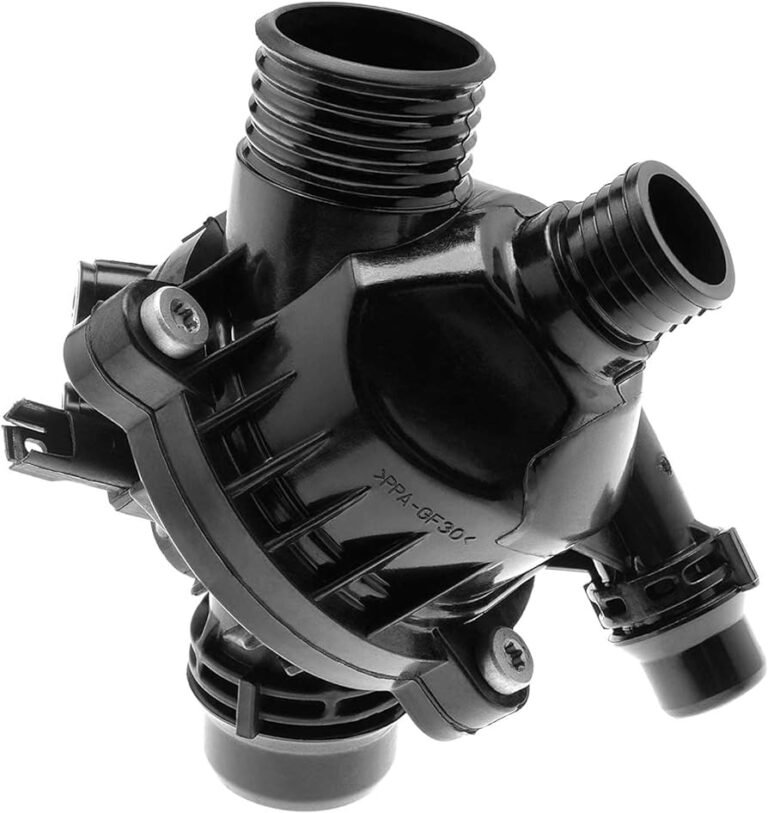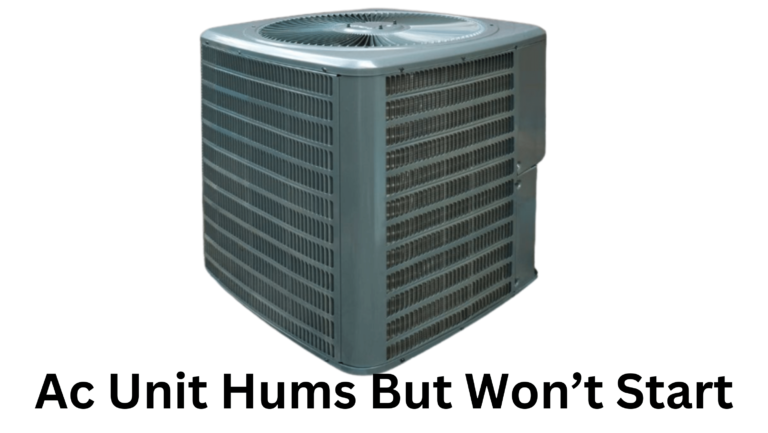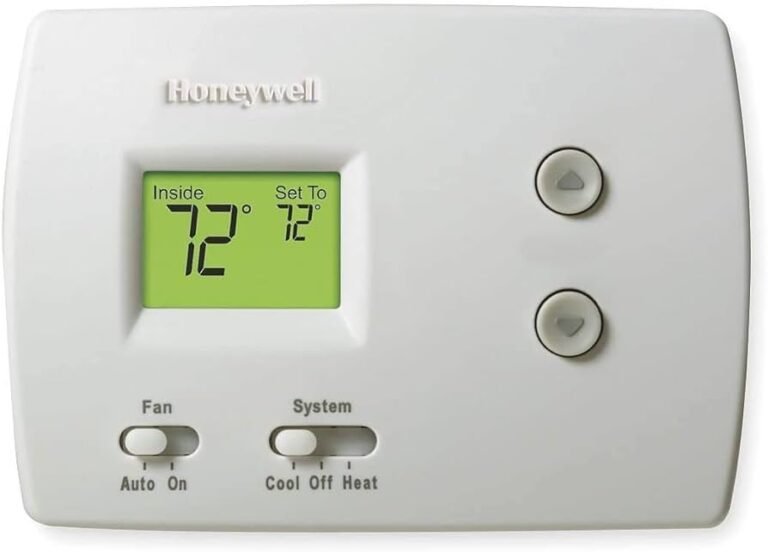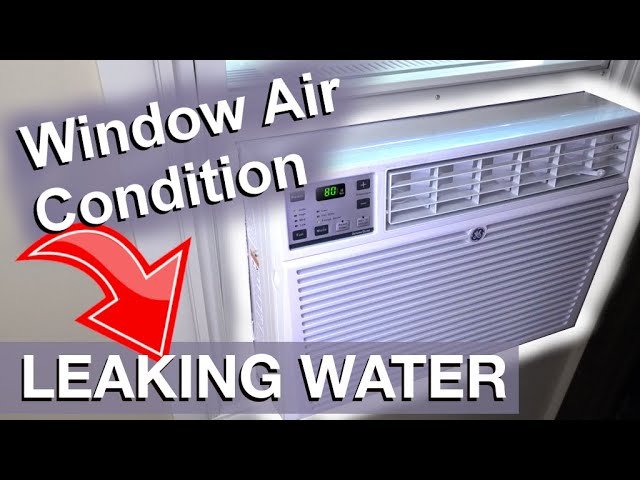Outside AC Unit: Troubleshooting Loud Buzzing Noise
The loud buzzing noise coming from your outside AC unit in Austin, Texas may indicate an electrical issue with the unit. This buzzing noise is a common sign of wear and tear on the AC system.
Additionally, loose parts within the unit can also cause rattling and buzzing noises. It is recommended to check the fan blades, motor mounts, panels, and other AC components that could be causing the buzzing sound. If any loose or damaged parts are found, it is best to call a professional for further assessment and repair.
Ignoring the issue may lead to further damage and inefficiency of the AC unit.
Common Causes Of A Loud Buzzing Noise In Outside Ac Units
Common Causes of a Loud Buzzing Noise in Outside AC Units:
1. Damaged or Loose Compressor Feet: As your AC system ages, the feet that support the compressor can become damaged or start to break down. This can cause the compressor to become unstable, leading to vibrating or buzzing noises when the AC unit is turned on.
2. Faulty Condenser Fan Motor: The condenser fan motor is responsible for cooling the refrigerant in the outside AC unit. If the fan motor is faulty or failing, it can create a loud buzzing noise. This issue should be addressed by a professional technician.
3. Defective Capacitor: The capacitor is a vital component of the AC unit’s electrical system. If the capacitor is defective, it can cause the AC unit to make buzzing or humming noises. It’s best to have a professional evaluate and replace the capacitor if needed.
If you notice a loud buzzing noise coming from your outside AC unit, it is recommended to contact a professional HVAC technician to diagnose and resolve the issue. They will have the expertise to identify the specific cause of the buzzing noise and provide the necessary repairs.
Troubleshooting Steps For A Loud Buzzing Noise In Outside Ac Units
| Troubleshooting Steps for a Loud Buzzing Noise in Outside AC Units | ||||||||
|
Hiring A Professional For Outside Ac Unit Buzzing Noise Repair
When dealing with a loud buzzing noise coming from your outside AC unit, it is advisable to hire a professional for repair. There are several benefits to hiring a professional HVAC technician:
- Expertise: Professionals have the knowledge and experience to accurately diagnose and fix the issue with your AC unit.
- Efficiency: Professional technicians have the necessary tools and equipment to efficiently repair the buzzing noise, saving you time and effort.
- Long-term solution: A professional repair ensures a long-lasting solution to the buzzing noise problem, preventing future breakdowns or malfunctions.
Before hiring a professional for AC unit repair, consider the following factors:
- Reputation: Look for technicians with positive reviews and a good reputation in the industry.
- Certifications and licenses: Ensure that the technician is certified and licensed to perform repairs on AC units.
- Cost: Compare quotes from different professionals to find one that offers quality service at a reasonable price.
When interviewing HVAC technicians, ask the following questions:
- How long have you been in the industry?
- Do you have experience in repairing AC units with buzzing noise issues?
- What is your estimated timeline for the repair?
- What warranties or guarantees do you provide for your services?

Credit: www.serviceexpertspalmbeach.com
Frequently Asked Questions On Outside Ac Unit Making Loud Buzzing Noise
What Does A Bad Capacitor Sound Like?
A bad capacitor can make a humming sound from the access panel, indicating a problem with the AC system. The buzzing noise is a sign of an electrical issue that should be addressed by a professional.
How Do I Fix My Buzzing Air Conditioner?
To fix a buzzing air conditioner, check for loose parts such as fan blades, motor mounts, and panels. If any parts are loose or damaged, call a professional for repair. A buzzing noise can also indicate an electrical issue, so it’s important to have the AC system assessed by a professional.
How Do You Know If A Capacitor Is Bad?
A bad capacitor can be identified by a humming sound coming from the AC unit. If you hear a buzzing noise, it indicates a problem with the air conditioning system or its components. To fix it, check for loose or damaged parts and seek professional assistance if needed.
How Much Does It Cost To Replace A Capacitor In An Air Conditioner?
The cost to replace a capacitor in an air conditioner varies, but on average it can range between $100 to $400.
Conclusion
If your outside AC unit is making a loud buzzing noise, it is important to address the issue promptly. This buzzing noise could be a sign of loose parts, a faulty capacitor, or an electrical issue. It is recommended to have a professional HVAC technician assess and repair the unit to ensure proper functioning and prevent further damage.
Don’t ignore the buzzing noise, as it could indicate a more significant problem with your AC system.


